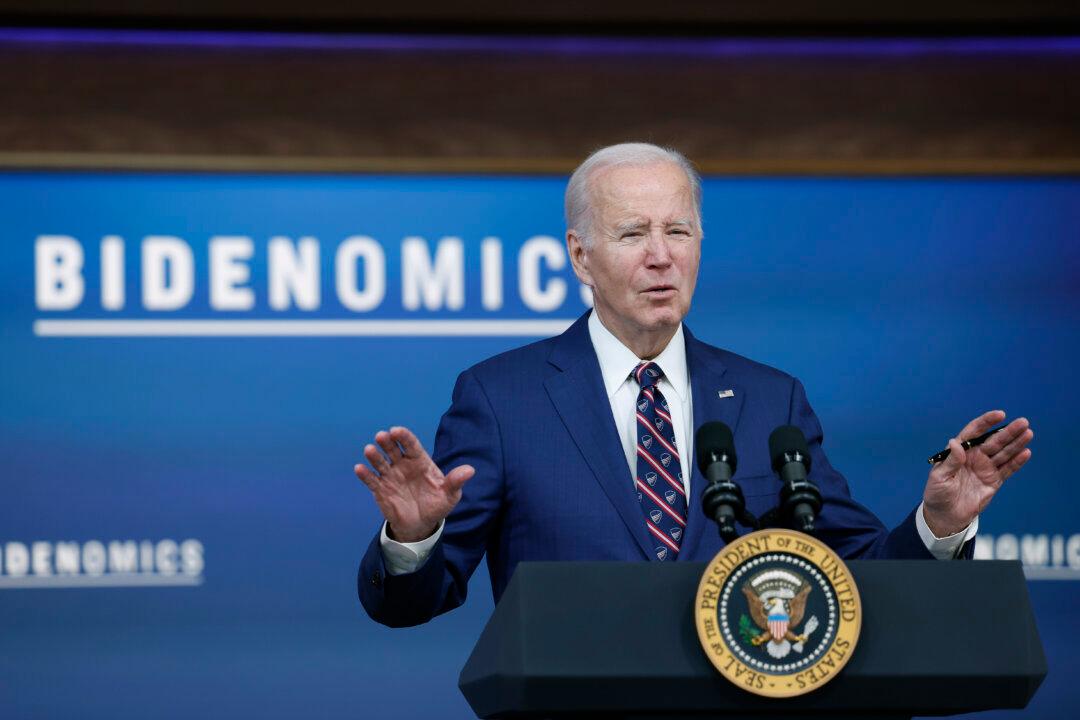THE VIRAL $16 McDONALD'S MEAL THAT RUINED BIDENOMICS
An eye-popping receipt for a $16 McDonald’s meal posted on TikTok last year has resurfaced and gone viral, serving a taste of how many Americans are battling with soaring food prices.
What initially seemed like a simple social media post has evolved into a symbol of economic anxiety, with some linking the pricey burger to concerns over Biden’s economic management.
Inflation remains a hot topic, particularly among millennials and Gen Zers, leading to a surge in similar videos on TikTok. Many influencers are using the platform to express their frustration about the economy, with hashtags like “SilentDepression” gaining popularity.





